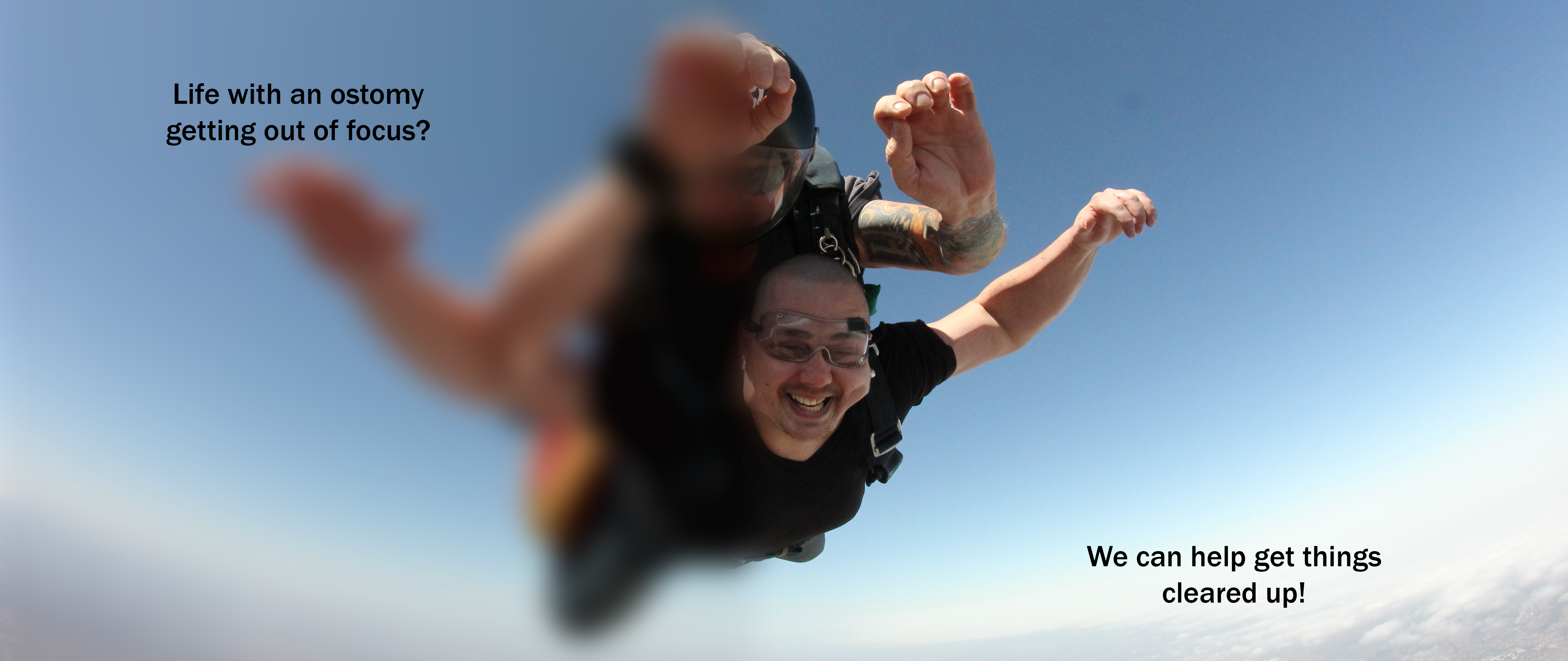
From a poster child for CCFA in Atlanta, Ga., to creating the product line for PouchWear Ostomy Bag Holder, we’ve continued to work to help those dealing with life’s unfortunate discomforts. My name is Micah and much of what you see here on our website are products and solutions to my personal life as an ostomate. I’ve had my ileostomy since 2003, and in 2010 we introduced our first PouchWear products. In that 7 year period, I had more than my fair share of accidents and embarrassments. I’ve experienced work related issues where my flange would peel off from sweat or the bottom closure of my ostomy bag opening and releasing stool. Every possible type of leak that could happen would. I’ve experienced life as a child with a temporary ostomy and again later in life as a college student with a permanent ileostomy. It’s over these years that I realized the need for a product to help in my daily life. I’ve understood the importance of protecting, concealing, and supporting my ostomy bag so that I can work out at the gym, swim in peace without worry, and speak in public without fear of embarrassment or just carry on my life in a normal manner.
Now, my ostomy life plays by my rules.
I am an ostomate, but I choose not to be defined by it.
Live In Freedom.

Like some with an ostomy, I was diagnosed with Crohn’s disease at age 8 and have had a vicious experience with it for 26 years. I was first introduced to a temporary colostomy at 13. I was in a state of shock at first and then the reality of this set in. It was horrific. My ostomy bag was constantly leaking or hanging down and falling off. Going out in public was nerve racking and I had several episodes during which I finally decided I didn't want to go back out. I turned from a happy active teenager (as active as you can be with a chronic illness) into a complete mess. I was fortunate then. I went back in for surgery and the bag went away.
Many more years of struggling and another major surgery came and went. I was forced to decide without valid option. My ileostomy was here to stay. I simply traded a physical disease for a mental one as I became deeply depressed. I was always so self-conscious of my bag, the shape that showed, the noise it made, and the smell it left. I was back to being a hermit.
After a couple of months my optimism returned and I started working on make shift means to deal with my ostomy bag. I immediately came up with our support belt concept yet I never did anything with it. I had real life problems and no money, I had to make do. As I became more physically healthy I was able to finally gain weight again and I knew that I made the right decision in having an ostomy because ultimately the pain and suffering was far worse than an ostomy bag. That was then.
Through those years I did develop subconscious mannerisms, always checking my ostomy bag, and holding my hand over my stomach, or talking louder when I started to feel gassy. It was miserable but we survive.
I later met my fiancee who made me a prototype of my idea and that was it. It was perfect, an answer to so many cries. It made such a huge difference. It not only concealed my bag but it held it securely in place. It helped muffle the noise and I soon started to forget I even was wearing my ostomy bag. After 8 long years I can go through my day and forget about it. It felt so comfortable. The pouch not only conceals, it covers the entire ostomy bag and keeps sharp edges inside so there is no jabbing or rubbing against my body. It's extremely easy to put on, to remove and to drain. I never took it off and I wore it 24 hours 7 days a week. That was a rough prototype.
Since then we have changed materials, made slight design changes, and it is absolutely amazing. So amazing I knew other people like me would want this as well. This ostomy bag pouch holder holds up to anything I do from working out in the gym, to playing sports, to just going out in public and feeling normal. The fact that it helps muffle the noise from gas is one of the great things that I love about it, how embarrassing and how LOUD. I wish I had this a long time ago.
I want to offer the same thing to all of you that still suffer from the constant discomforts involved with having an ostomy. This is for the child who already has to deal with too much, the student that needs to focus on studies, the teenager who has enough worries, the business person who needs that discretion and comfort, the athlete who needs that security and strength, the mother or father that has a family to focus on and the everyday person who just wants their life back. You too can have the security, the confidence, the comfort and the worry free ostomy life we deserve.
Haven't we been through enough?
